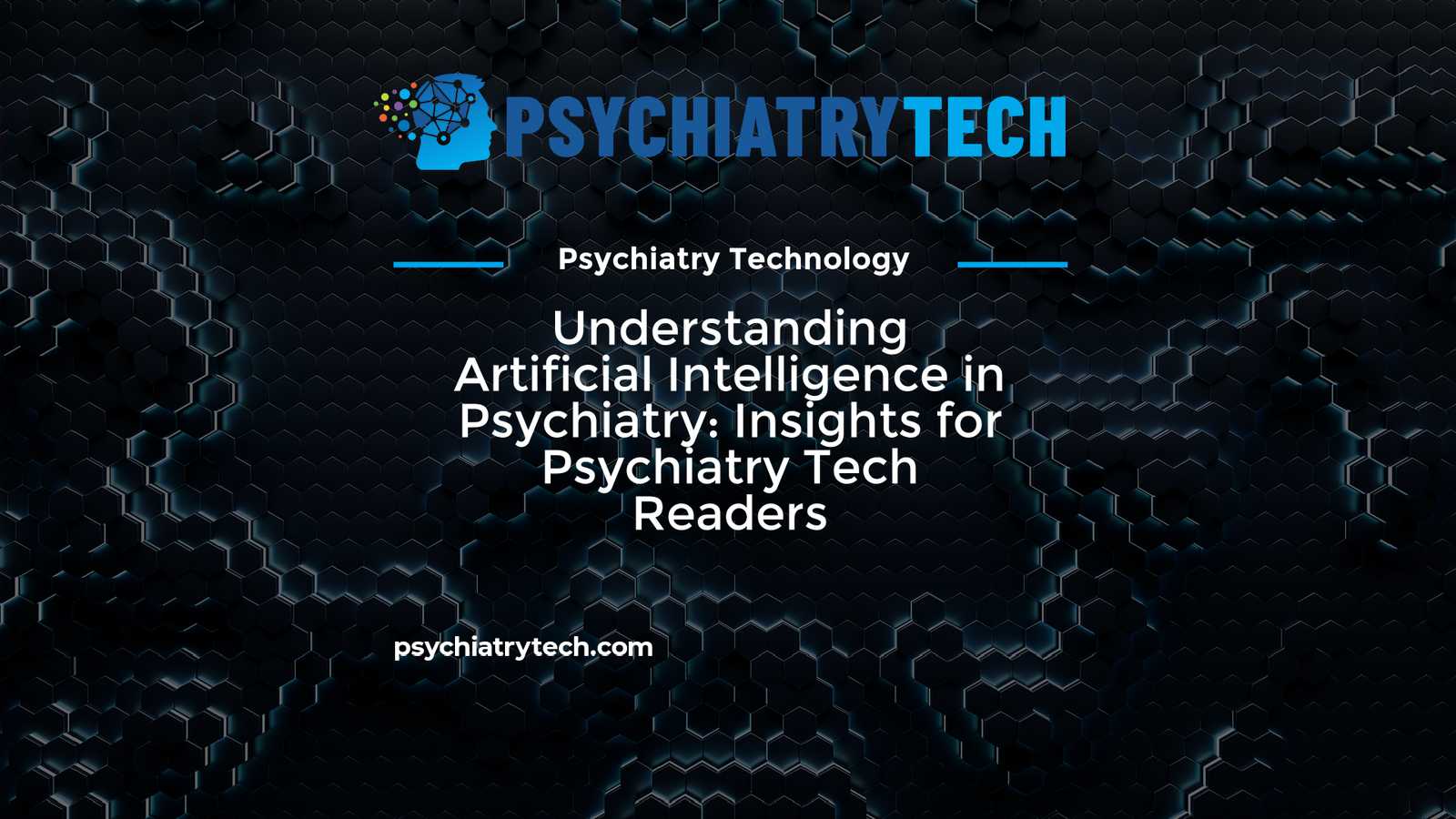Understanding Artificial Intelligence in Psychiatry: Insights for Psychiatry Tech Readers
The Benefits of AI in Psychiatry
One of the main benefits of AI in psychiatry is the ability to improve diagnosis accuracy. Current psychiatric diagnoses rely heavily on subjective measures based on verbal communication between the clinician and the patient. However, AI has the ability to analyze large amounts of data from patients, including voice tone, facial expressions, and other non-verbal cues, to provide more objective assessments. This could potentially lead to earlier detection of mental health disorders and more accurate diagnoses, improving overall patient outcomes.
AI can also be used to analyze vast amounts of patient data to identify patterns and predict outcomes. This information could help clinicians develop more targeted and effective treatments, such as personalized medication regimens or behavioral interventions. The ability to accurately predict treatment outcomes could lead to better overall care for patients.
AI-powered wearables and mobile apps can be utilized for ongoing mental health monitoring. These systems can track and analyze patient behaviors and provide clinicians with real-time data. Continuous monitoring can help clinicians identify potential issues before they escalate, allowing for more timely interventions.

Discover The World's MOST COMPREHENSIVE Mental Health Assessment Platform
Efficiently assess your patients for 80+ possible conditions with a single dynamic, intuitive mental health assessment. As low as $12 per patient per year.
The Potential Limitations of AI
While AI has many potential benefits in psychiatry, there are still limitations to be addressed. One concern is the potential for bias in AI algorithms. This could lead to underdiagnosis or misdiagnosis if the algorithm is not inclusive of diverse populations, or if it is based on incomplete or biased data sets. Another concern is the potential for AI to replace human clinicians entirely. AI can certainly enhance the practice of mental healthcare, but it cannot replace the essential human component of communication and empathy that is crucial in patient care.
Final Thoughts
AI has a lot of potential to transform the field of mental healthcare, including improving diagnosis, predicting outcomes, and enhancing ongoing monitoring. However, it is important to remain aware of the potential limitations and challenges to ensure the responsible and effective integration of AI in psychiatry.
What are your thoughts on AI in psychiatry? Do you think it has the potential to transform mental healthcare, or are there limitations that cannot be overcome? We’d love to hear your thoughts and continue the conversation. Share this post with your colleagues and leave a comment below!

